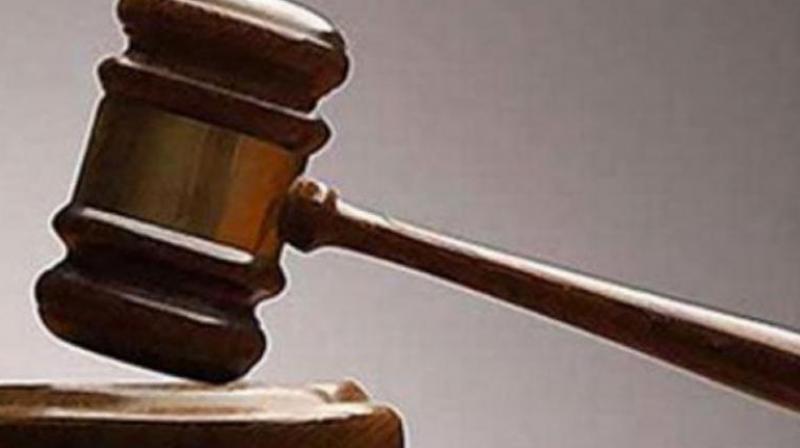UAPA is against principles of law & justice
In the amendment to UAPA, the state has now been given the power to name individuals as “terroristsâ€.

India has made a change to its anti-terrorism law, the Unlawful Activities Prevention Act (UAPA). Such laws give the state wide authority to hold and jail people without charge and usually before any crime has been committed. They make it difficult for people to get bail and such laws give the police a sweeping power that makes corruption and tyranny easy.
Do these laws work? They do not. After violence in Punjab, the Congress legislated the Terrorism and Anti-Disruptive Activities (Prevention) Act, known as TADA. This law was in existence for almost a decade and thousands of people were arrested and jailed under it, most of them Muslims and Sikhs. The law had a conviction ratio of 1 per cent, meaning that 99 out of 100 people jailed under it were innocent.
It was a very tough and unjust law which reversed the burden of proof and it could not be continued which is why it was allowed to die. Its replacement was the Prevention of Terrorism Act, known as POTA, which was legislated in 2002. This was also peddled as a tough law which would tackle terrorism. As former Union minister Manish Tewari has pointed out there were 4,349 cases that were registered under POTA and a total of 1,031 individuals were charged with terrorism.
Of these, the government was able to secure convictions of 13 people. Meaning that POTA was even worse at being able to convict the right people than TADA. The then Union home minister L.K. Advani felt it was being misused and not a good law and that is why the process of its repeal began.
In the amendment to UAPA, the state has now been given the power to name individuals as “terrorists”.
My colleague Mrinal Sharma has written that this is in violation of the same international law that the government says it is following. In 2006, the United Nations Special Rapporteur had said that to call an offence a “terrorist act”, three elements must be cumulatively present: the means used must be deadly; the intent behind the act must be to cause fear among the population or to compel a government or international organisation to do or refrain from doing something; and the aim must be to further an ideological goal.
The UAPA, on the other hand, offers an overbroad and ambiguous definition of a “terrorist act” which includes the death of, or injuries to any person, damage to any property, an attempt to overawe any public functionary by means of criminal force and any act to compel the government or any person to do or abstain from doing any act, etc. It also includes any act that is “likely to threaten” or “likely to strike terror in people”, giving unbridled power to the government to brand any ordinary citizen or activist a terrorist without the actual commission of these acts.
The Act also interferes with the privacy and liberty of individuals contravening the provisions which protect against arbitrary or unlawful interference with a person’s privacy and home. The Act allows for searches, seizures and arrests based on the “personal knowledge” of the police officers without a written validation from a superior judicial authority.
According to the National Crime Records Bureau, between 2014 and 2016, over 75 per cent of cases under the UAPA ended in either acquittal or discharge. Over the years, the UAPA has become a tool of repression — a weapon to keep people entangled in the legal system and place people in jails for as long as the state wants. This amendment will further concentrate disproportionate power with the government to implicate individuals for being proactive members of the society, ban critical thinking and criminalise dissent by designating them as terrorists.
People in politics understand this and we should take note that a former Union home minister, who presumably knows as much about anti-terror laws as anyone else, has opposed the UAPA Amendment. P. Chidambaram has said the change in the UAPA law will lead to serious repercussions in terms of whom the state can name as a terrorist. There was a difference between Hafiz Saeed, the leader of the Lashkar-e-Tayyaba and Gautam Navlakha, who has also been charged under the UAPA.
Though reports said that the Congress had voted for the changes in the law, Mr Chidambaram has said that the party would challenge it in the Supreme Court and one hopes that it does that. Constitutional democracies should not have laws which allow the state to manhandle its citizens and malign them.
In civilised nations (from whom India has copied its Constitution and all its laws), the criminal justice system is about the rights of the accused. Ordinary Indians will find this concept difficult to understand but that is actually the foundation of our justice system also. The very idea of the UAPA and the decision to start naming people terrorists without convictions is going against the principles of law and justice.
